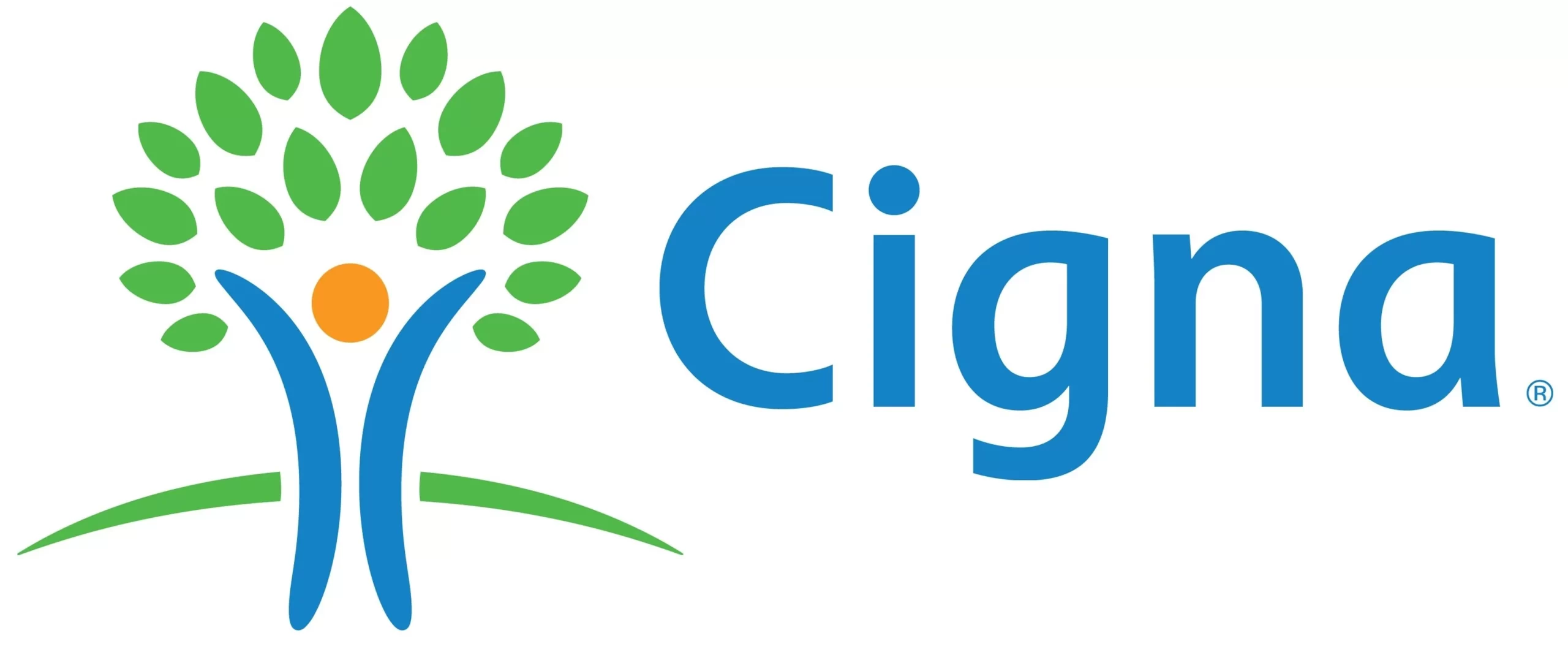Why Choose
Promising Outlook?
We have been treating trauma, mental health, and addiction for over 15 years and are dedicated to ensuring a high rate of success and positive outcomes in every category.
- Relief from Recurring symptoms
- Improved Self Esteem
- Less Anxiety
- More Emotional Regulation
- Improved Relationships
- Gratifying Life








